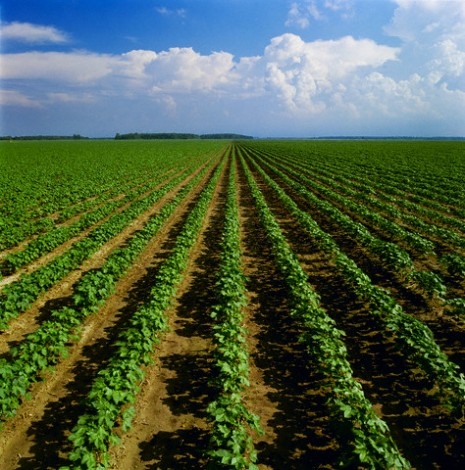
Not to further harsh yer mellow or anything, there’s been plenty of bleak environmental reporting all over the place today. I read an article this morning in Foreign Policy that chilled me, because it’s about a brand spankin’ new horseman of the Apocalpyse: “Peak Phosphorous.”
Phosphorous is a non-metallic element thought by the alchemists of the Middle Ages to be able to contain light because it glowed in the dark, hence the word phosphorescent. It’s a major component in industrial fertilizer and perhaps the primary reason why the world has been able to sustain such a massive several billion persons population growth since the 1950s. Guess what? There is probably only about 40 years worth of it left:
From Kansas to China’s Sichuan province, farmers treat their fields with phosphorus-rich fertilizer to increase the yield of their crops. What happens next, however, receives relatively little attention. Large amounts of this resource are lost from farm fields, through soil erosion and runoff, and down swirling toilets, through our urine and feces. Although seemingly mundane, this process cannot continue indefinitely. Our dwindling supply of phosphorus, a primary component underlying the growth of global agricultural production, threatens to disrupt food security across the planet during the coming century. This is the gravest natural resource shortage you’ve never heard of.
The root of this problem has previously been the subject of presidential concern. In a message to Congress in 1938, U.S. President Franklin D. Roosevelt warned that the phosphorus content of American agricultural land “has greatly diminished.” This shortage, Roosevelt warned, could cause low crop yields and poor-quality produce, detrimentally affecting “the physical health and economic security of the people of the nation.”
Phosphorus is used extensively for a variety of key functions in all living things, including the construction of DNA and cell membranes. As it is relatively rare in the Earth’s crust, a lack of phosphorus is often the limiting factor in the growth of plants and algae. In humans, it plays an essential role in bone formation. Without a steady supply of this resource, global agricultural production will face a bottleneck, and humankind’s growing population will suffer a serious nutrition shortage.
Peak Phosphorus (Foreign Policy)